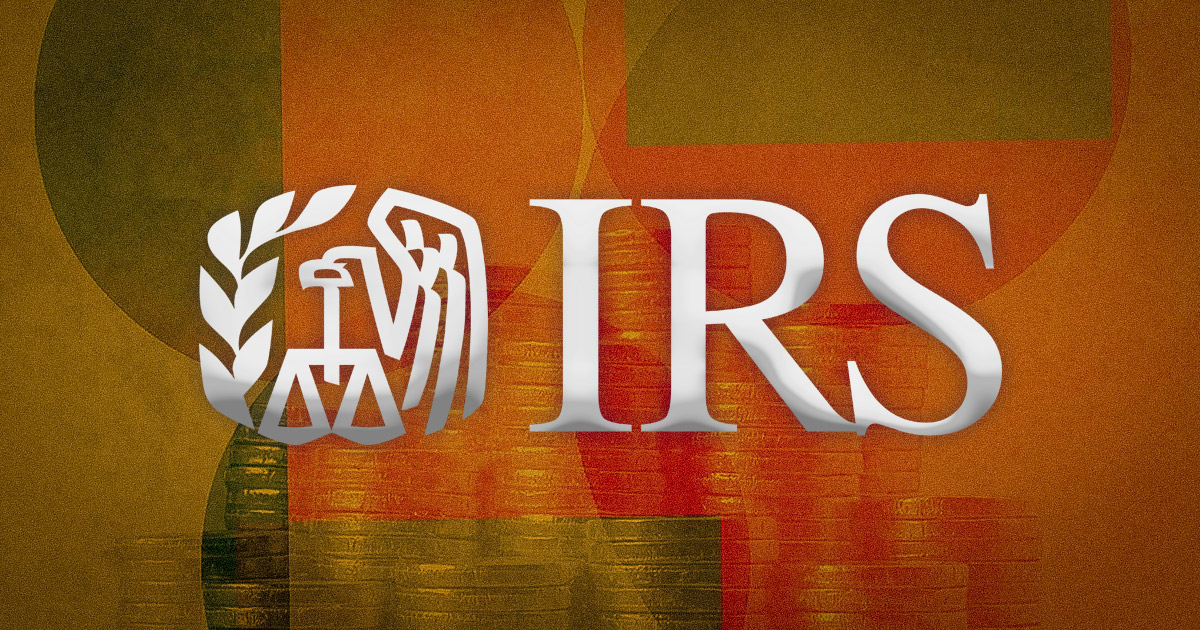2020-12-6 17:09 |
American crypto traders have recently reported receiving tax audit notices from the Internal Revenue Service (IRS).
The notices, called CP2000, are issued if the IRS systems detect misreported taxes for a particular year. In these notices, the regulator is referring to activity from 2018.
This is because the IRS audits filings on a two-year gap and is currently reviewing the 2018 tax year.
For many, these letters have caused a major headache. Beyond simple audit notifications, the IRS is demanding some traders pay hundreds of thousands of dollars in taxes.
Tax experts in the industry have, however, identified the source of this issue: The 1099-K form.
Unpacking Tax Form 1099-KIn 2018, exchanges like Coinbase issued 1099-K forms for users who had more than $20,000 in traded volume and over 200 transactions.
The problem with the 1099-K form is that it does not show a trader’s gains or losses. Instead, the form adds up the proceeds from all the trades made on an exchange as income and reports that number to the IRS without factoring in the actual profits and losses.
This accounting error thus shows that traders have earned massive amounts of personal income.
As a result, the IRS automatically presumed that many traders underreported their income for 2018 and executed audits.
“We’ve seen a flurry of customers coming to TaxBit for help with CP2000 letters based on Form 1099-K’s issued by exchanges during the 2018 tax year. The Form 1099-K reports a user’s total aggregate volume of payment transactions and does not take into account cost basis, as such does not accurately represent what you might owe in taxes,” explained Justin Woodward, Crypto Tax Attorney at TaxBit.
All crypto transactions are reportable for tax purposes because the IRS considers cryptocurrencies as property. To file accurate capital gain returns, gains and losses on individual trades must be calculated.
Crypto taxation experts have explained the Form 1099-K was not designed for digital asset transactions and should not have been used by crypto exchanges in the first place.
“1099-K was never meant to be a form for cryptocurrency exchanges to use to report income. It was designed to report earnings from platforms where you are being paid directly by third party merchants like Uber, Lyft, and Etsy. The form does not make sense in the context of cryptocurrency exchanges,” CryptoTrader.Tax, a crypto tax software company wrote.
Experts say the ongoing issue can be resolved by explaining the situation to the IRS in a letter and proving traders’ actual gains and losses using data provided by exchanges for the year.
Similar to Notcoin - TapSwap on Solana Airdrops In 2024
Emerald Crypto (EMD) на Currencies.ru
|
|


















